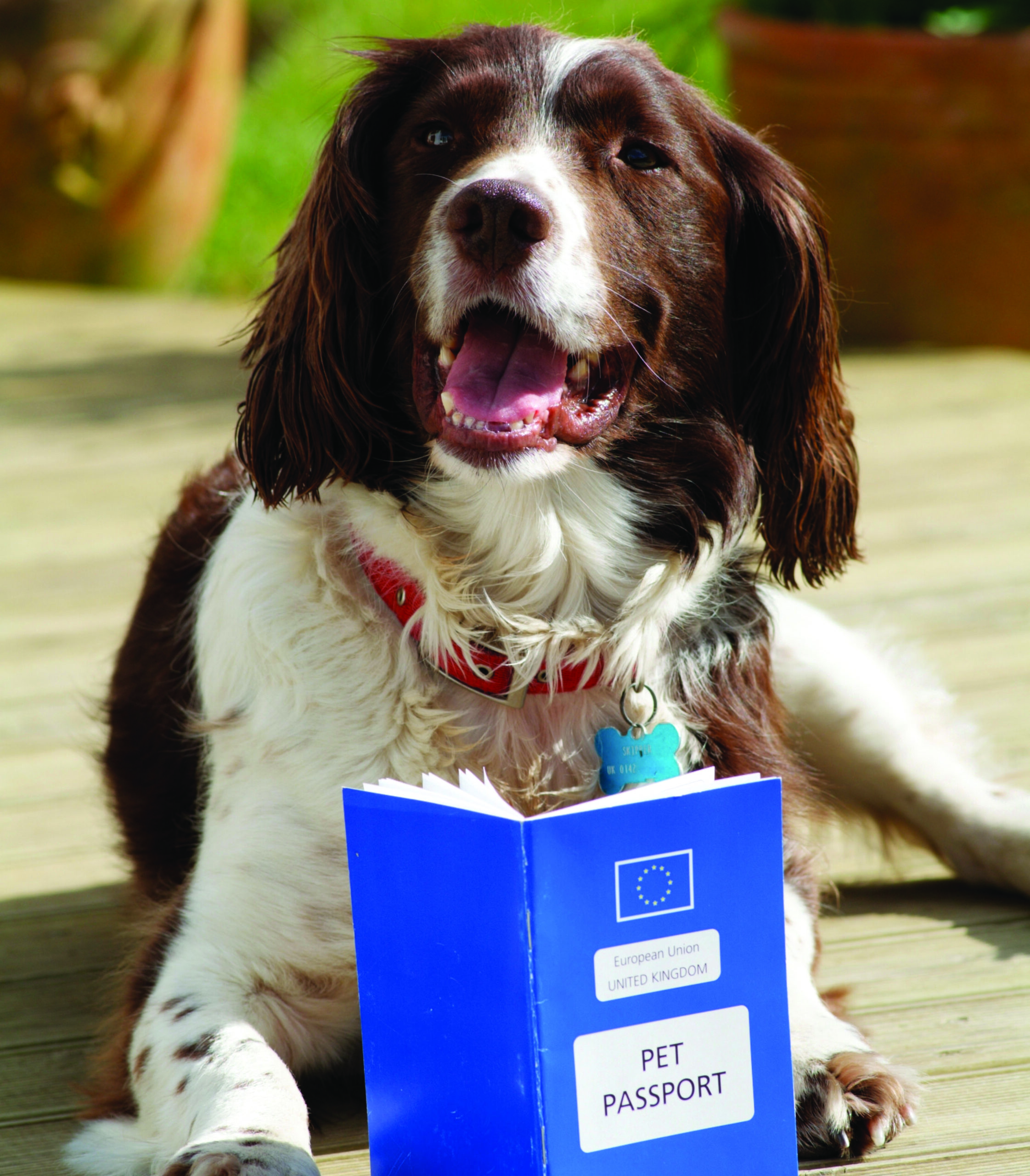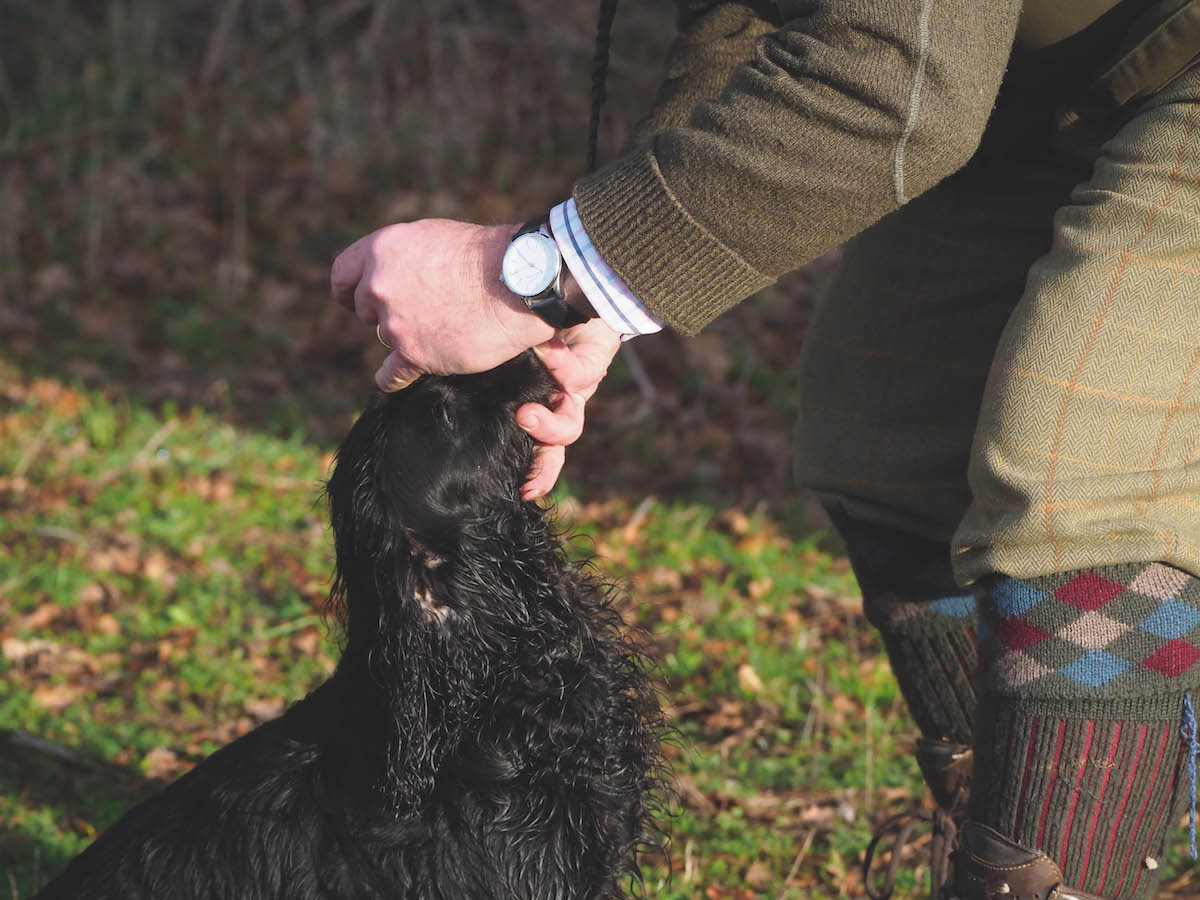How can I get a dog passport from the UK – and should I take my dog abroad anyway?
Vet Neil McIntosh advises

Who knows what will happen to the dog passport post-Brexit?
Q: “I am considering taking my dog abroad to Europe but confess to being slightly bewildered by all the rules and regulations. What is the simplest route to take to get a dog passport?” Emma Young, Northumberland
Getting a dog passport
A: It is nothing like as complicated as you may think. The Pet Travel Scheme rules were relaxed (contrary to sensible scientific advice) in 2012 and the process is now quite straightforward. But beware. The Scheme exists merely to protect the UK from rabies and some other exotic diseases (and it fails to achieve even that). It is not designed for maximal protection of an individual dog.
Where do you start?
Ask yourself whether you really need to take your dog abroad at all? Doing so may expose your dog to nasty stuff, such as babesiosis, ehrlichiosis and leishmaniasis (all diseases that, prior to the Pet Travel Scheme, were virtually unheard of back home in the United Kingdom).
You should ask yourself whether your dog might just be as happy staying at home in kennels or with friends? If you decide it is essential that it travels, then you need be organised.

Taking your dog abroad may expose it to nasty stuff, so think it through
What must you do?
To comply with the current legislation, your dog must:
• Be microchipped with an ISO standard microchip.
• Be vaccinated against rabies by a vet.
An Official Veterinary Surgeon (OVS) must then properly complete a Pet Passport. This document includes your details, identifies your dog and the vet involved and records the date of vaccination and the date it is valid from and to.
Keeping your dog safe from ticks and burrs
There’s not much Mary Leigh of Equafleece doesn’t know about keeping a dog healthy and comfortable. She set up Equafleece…
What are the symptoms of Lyme disease in dogs?
What are the symptoms if a dog contracts Lyme disease and what does the cure entail? Is it usually successful?
In the case of a primary rabies vaccination, you cannot travel until at least three weeks after it has been given. So you must get this done more than 21 days before you intend to travel. Any vet can give the rabies vaccination, as long as the microchip is recorded at the same time, but not every vet is an OVS. It is good practice, but not essential, to also record other vaccinations (distemper, parvovirus, leptospirosis, hepatitis) in the Pet Passport, but it should be noted that giving kennel cough vaccine at the same time as rabies will invalidate the latter, as they are not licensed to be administered together.
The most common problem with Pet Passports is incorrect recording of the microchip number. So check it. Thereafter, all that is required is that a wormer, licensed to kill tapeworms, is administered to your dog between one and five days prior to re-entry to the UK in the presence of a vet, who must record the details in the appropriate section of the Passport. (This is, ostensibly, to protect the UK from the tapeworm, echinococcus multilocularis).
What’s wrong with all this?
Quite a lot. First is the ridiculous timing of the tapeworm treatment, which means you can legally have your own vet give it on a Friday, then you can head off to Europe for the weekend, where your dog may become infected! Then there is the fact that politicians, in the interest of “harmonising” EU rules, decided to remove the requirement that dogs returning to the UK be treated to kill ticks.
Notwithstanding, therefore, the total irony of Brexit, this means that horrible, foreign ticks, which carry nasty diseases we didn’t use to have, are being shipped into the UK with alarming regularity. Already, we have seen deaths from babesiosis in dogs and the appearance of ripicephalus ticks. And don’t start me on the issue of sandflies, which suck blood and spread disease. And then there is heartworm, another condition we will probably be getting soon.
View this post on Instagram
Dog passport – a checklist
• Consult your vet for advice.
• Check the disease status of the area you are visiting.
• Administer tick and sandfly treatment a week before you travel.
• Administer effective treatment against heartworm before travelling.
• Repeat these treatments according to manufacturer’s recommendations.
• Try and keep dogs indoors in early evening to avoid insect bites.











